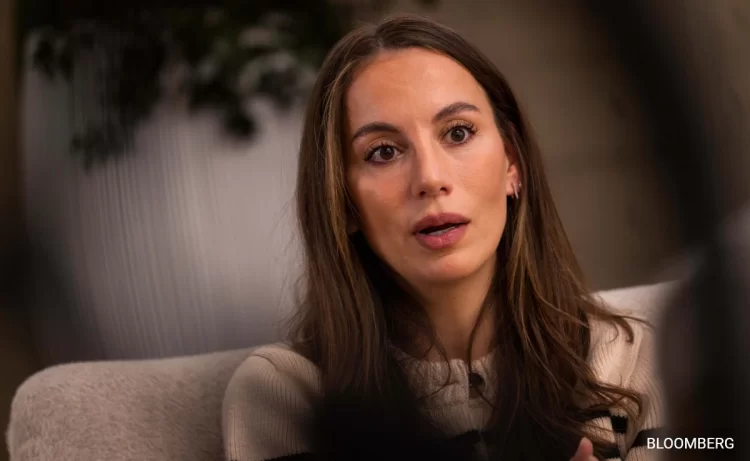Bloomberg reviewed a memo in which Mira Murati expressed feeling “honored and humbled” to take on the leadership role at OpenAI following the removal of Sam Altman.
Murati also urged employees still reeling Friday from the sudden departure of Altman, one of the most prominent figures in the artificial intelligence industry, to focus on their work. “It’s more important than ever that we stay focused, driven, and true to our core values,” she wrote.
Speculation in the immediate aftermath of the announcement suggested Microsoft Corp., the world’s largest software maker and OpenAI’s primary supporter, might have played a role in Altman’s removal. However, two individuals familiar with the matter, requesting anonymity as the information isn’t public, stated that Microsoft based in Redmond, Washington, did not orchestrate Altman’s exit.
The software giant had only a few minutes advanced notice about Altman’s firing, said a person familiar with the matter.
Microsoft Chief Executive Officer Satya Nadella tried to ease any concerns Altman’s departure could hurt his company’s long-term AI plans. Microsoft Friday ended a three-day conference in which it unveiled a new AI chip that OpenAI said it is testing, as well as various new programs and updates, many of them based on the startup’s technology.
“We have a long-term agreement with OpenAI with full access to everything we need to deliver on our innovation agenda and an exciting product roadmap; and remain committed to our partnership, and to Mira and the team,” Nadella wrote in a blog post. “Together, we will continue to deliver the meaningful benefits of this technology to the world.”
Murati said that she had spoken to Microsoft’s leadership on Friday. “I spoke with Kevin and Satya earlier today who expressed their unwavering support,” she wrote in the memo, referring to Microsoft Chief Technology Officer Kevin Scott and Nadella.
Murati wrote, “At a crucial juncture, our tools are gaining widespread adoption, developers are actively constructing on our platforms, and policymakers are considering the best ways to regulate these systems. This marks a welcome progress and an opportunity to actively engage in shaping a future where AI is built and used for good.”







 Finance
Finance







